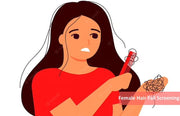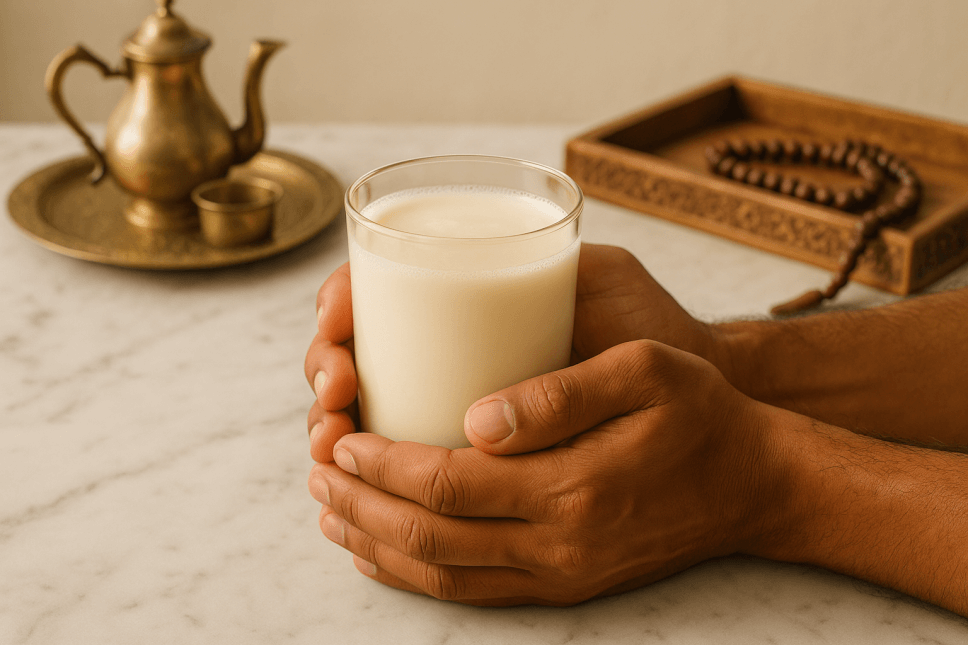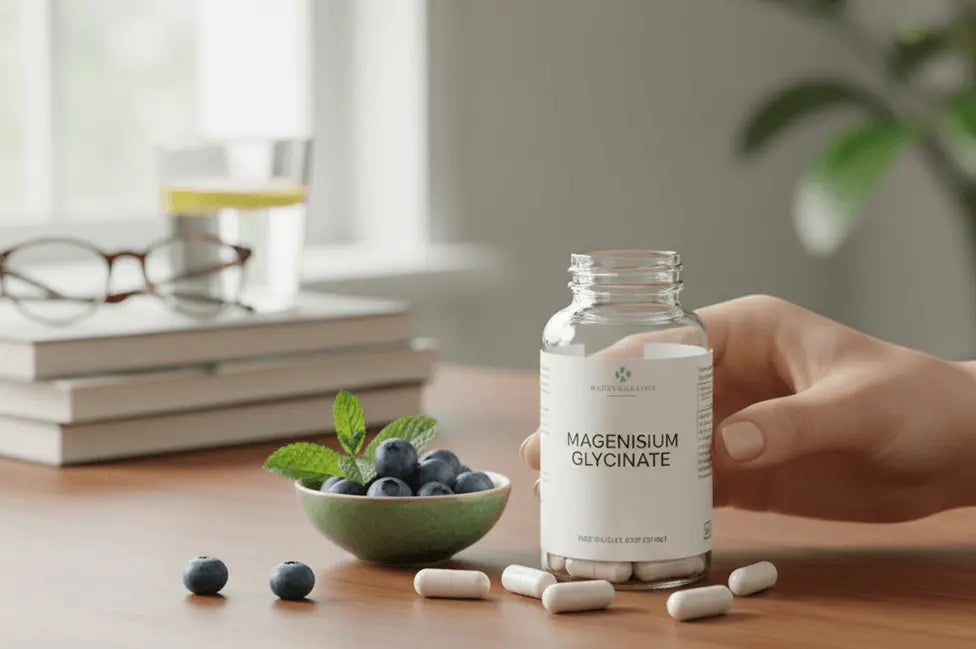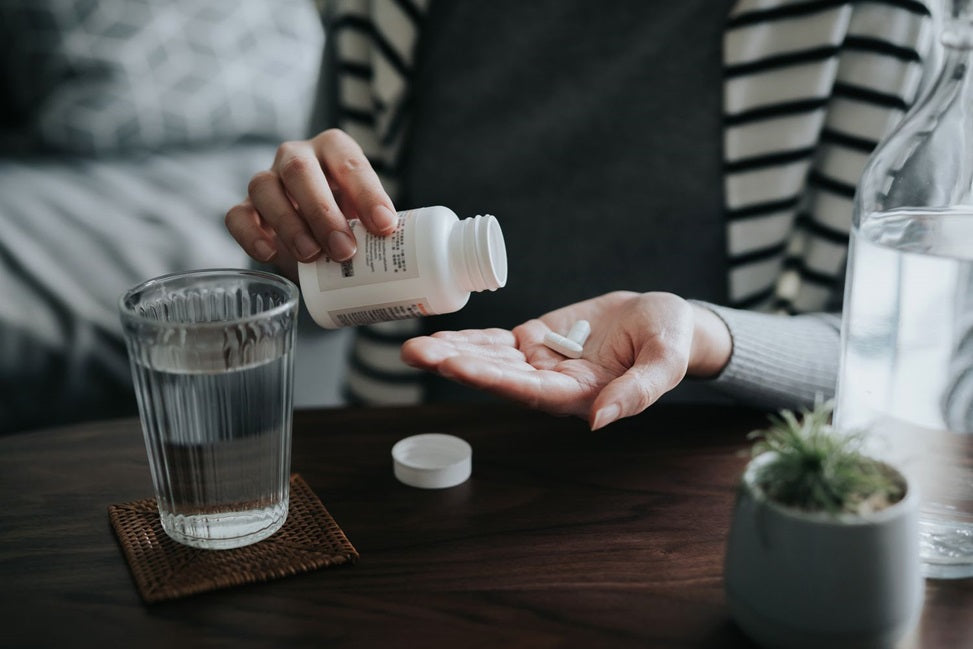
Hair Thinning in Women: A Common Sign You Shouldn't Ignore
Introduction: Your Hair is Talking — Are You Listening?
Hair fall is frustrating — but thinning hair can be even more worrying. For many women in Pakistan, it’s not just about beauty; it’s a sign of deeper health issues like PCOS symptoms, stress, or hormonal imbalance. The good news? Once you understand the root cause, you can treat it naturally and effectively.
In this blog, we’ll uncover why hair thinning happens in women, especially those dealing with PCOS, hormonal changes, and nutritional deficiencies, and how you can stop it — before it gets worse.
What Is Hair Thinning in Women?
Hair thinning is not the same as hair shedding. While we all lose 50–100 strands a day, thinning hair means a reduction in hair volume or density — especially noticeable at the crown, parting, or temples.
Common early signs:
-
Widening of the part line
-
Noticeably thinner ponytail
-
Scalp becoming more visible
-
Hair strands getting finer and weaker
Why Does Hair Thinning Happen? (Root Causes Explained)
1. Hormonal Imbalance & PCOS Symptoms
One of the top culprits of hair thinning in women is hormonal imbalance, especially due to PCOS (Polycystic Ovary Syndrome).
Women with PCOS tend to have elevated levels of androgens (male hormones), which:
-
Shrink hair follicles
-
Shorten the growth cycle
-
Increase scalp hair loss but boost facial/body hair growth
📌 Read more: Sestol – PCOS Supplement That Works
2. Stress & Cortisol Levels
Ongoing emotional stress can spike cortisol, which:
-
Disrupts hormonal balance
-
Pushes hair into the resting (telogen) phase
-
Causes noticeable thinning after 2-3 months
Stress also worsens depression, anxiety, and PCOS-related symptoms, creating a vicious cycle.
3. Nutritional Deficiencies
Low levels of:
-
Iron
-
Biotin
-
Vitamin D
-
Folic Acid
can severely affect scalp health and hair growth.
💡 Don’t miss: Why Folic Acid Matters
4. Imbalanced PCOS Diet
A diet high in refined carbs and sugar can spike insulin levels, which worsens hormonal acne, irregular periods, and yes — hair thinning.
A low-GI PCOS diet with balanced macros helps:
-
Lower insulin resistance
-
Support hormonal stability
-
Improve hair health
📌 Explore: Myo-Inositol Benefits for PCOS & Fertility
5. Postpartum or Birth Control-Related Hair Fall
After childbirth or stopping birth control pills, many women face a temporary surge in hair thinning due to estrogen withdrawal.
This usually resolves in 6–12 months but needs support with the right nutrition and supplements.
How to Treat Hair Thinning Naturally (Without Side Effects)
If you're dealing with PCOS or hormonal imbalance, here's how to support your body:
✅ Sestol – Natural Support for PCOS & Hair Health
Sestol PCOS Supplement is specially formulated with Myo-Inositol, D-Chiro Inositol, Folic Acid, and essential vitamins that:
-
Balance hormones naturally
-
Reduce androgen activity
-
Promote regular periods
-
Improve hair growth & reduce facial hair
You can also try:
Lifestyle Tips to Reverse Hair Thinning
-
✅ Eat protein-rich, anti-inflammatory foods
-
✅ Take targeted supplements (like Sestol)
-
✅ Sleep 7–8 hours daily
-
✅ Avoid heat styling tools
-
✅ Use gentle hair care products (sulfate-free)
FAQs About Hair Thinning in Women
Q: Can PCOS cause hair thinning?
A: Yes, due to elevated androgen levels that shrink hair follicles.
Q: Can hair thinning be reversed naturally?
A: Yes, if caught early. Nutritional support, hormone balancing, and lifestyle changes help.
Q: How do I know if my hair fall is serious?
A: If you notice reduced hair density, widening part line, or persistent shedding — consult a doctor.
Conclusion: Don't Wait for It to Get Worse
Hair thinning is not just about looks — it's your body asking for help. Whether it’s PCOS, stress, or nutrient deficiencies, addressing the root cause is key. With natural, non-hormonal support like Sestol, a better diet, and self-care, you can stop hair thinning and rebuild confidence.
🎯 Take control of your hair & hormone health now:
👉 Shop Sestol PCOS Solutions →




















